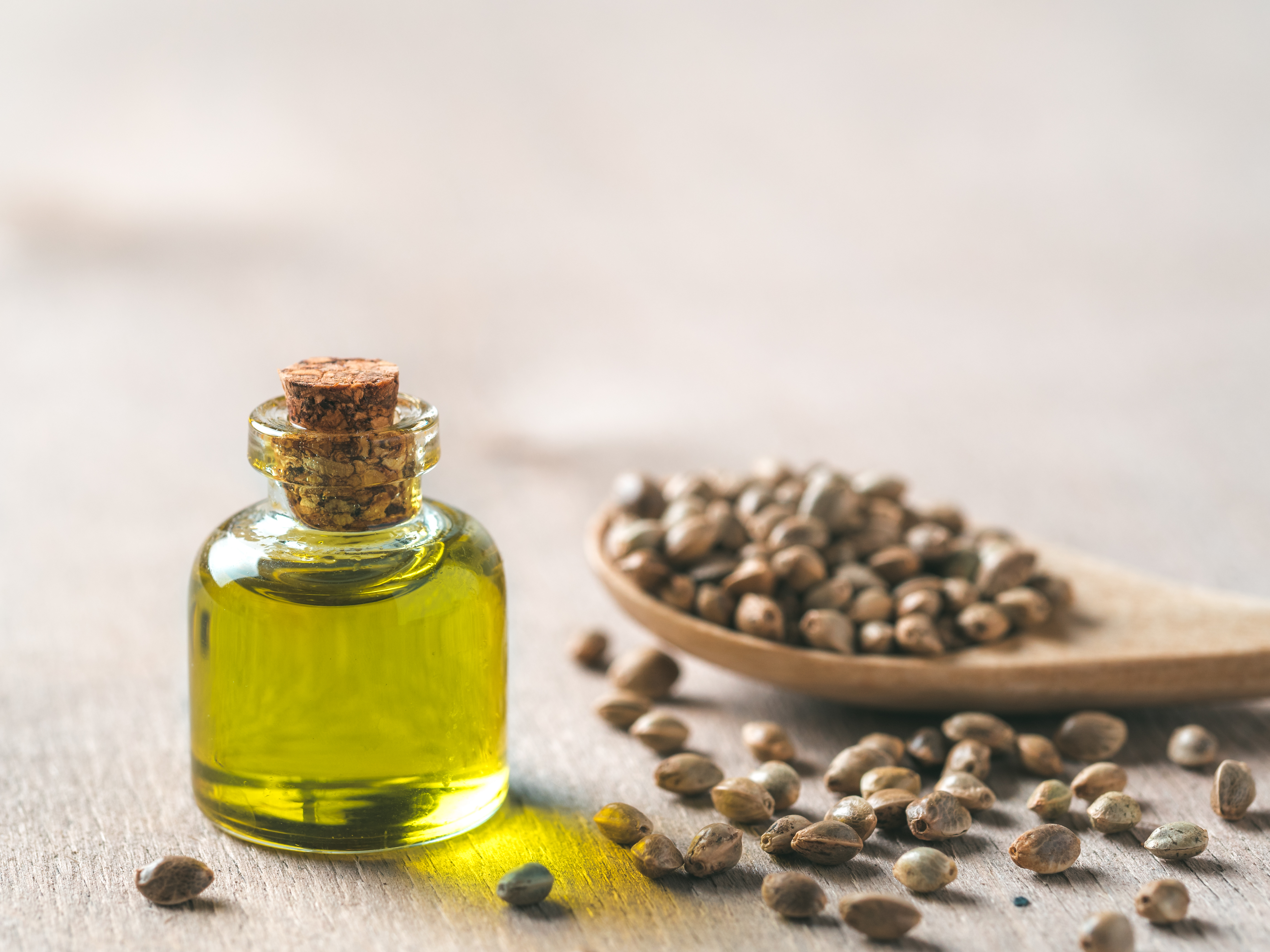
In contrast to the usual partisan rancor that has caused paralysis in the U.S. Congress, hemp legalization and the emerging industry have great bipartisan support. Legalization has long garnered Democratic Party support, especially from progressive members of the House of Representatives. But an increasing number of Republican Party members have endorsed legalization.
Sen. majority leader Mitch McConnell, R-KY, was a champion of the 2018 Farm Bill which legalized hemp last year. And hemp has become a major cash crop in his native state of Kentucky.
As part of the enactment of the Farm Bill, the U.S. Department of Agriculture (USDA) recently sent proposed hemp market regulations to the Office of Management and Budget (OMB) for hemp to be designated as a commodity and have its cultivation allowed on tribal lands and territories. The OMB will host a public comment period for those who wish to state their position on it.
Geoffrey Whaling, chairman of the National Hemp Association (NHA) noted how much progress has been made fighting for hemp in the last few years.
“I stood earlier this year at USDA’s crop and science conference and began by thanking them for hosting me, and I said I found it ironic when two years ago nobody here returned my calls,” Whaling said, as he reflected on its growing acceptance. He noted that the support comes from many farmers who are struggling and thus looking for an additional source of revenue, which make hemp intriguing.
He recently went to a farming conference in the Midwest and his booth was constantly packed—not only with farmers who cultivate thousands of acres but also, local politicians, agricultural officials, and bankers looking to seize the opportunity.
Many remember family farms have histories of growing hemp, Whaling noted.
“Generations earlier, many of the large farmers, particularly in Texas and in the midwest, had a history of farming hemp at one point. Many cotton growers used to grow hemp,” he explained.
Thus, elected officials with large rural constituencies and those who see the potential in hemp are supportive of the nascent industry.
“It’s one of those topics that we don’t get a lot of push back ever,” Whaling added.
Sen. Cory Gardener, R-CO, is a strong backer of Colorado’s cannabis market. Many other Congressional Republicans are strong backers of cannabis-related bills, especially those from states where the industry is booming.
In the ultimate swing state of Florida, newly elected Gov. Ron De Santis (R) signed a bill into law asking the USDA permission to launch a hemp market in the state. Many farmers whose lands have been battered by hurricanes are interested in growing hemp.
Whaling noted that the Farm Bill of 2014—which allowed hemp to be researched—laid the groundwork for broader support for the 2018 bill.
While a champion of hemp, Sen. McConnell remains opposed to the legalization of cannabis, calling it “hemp’s illicit cousin.”
Many farmers who support hemp are also not in favor of adult-use cannabis.
“It’s a generational thing. A younger generation has access to information from around the world and knows more about hemp and its potential than their parents or grandparents,” said Whaling.
Hemp legalized in the 2018 Farm Bill must have less than .3 percent THC, the psychoactive chemical compound which enables cannabis users to become high. Thus, one cannot get high using hemp.
Now that hemp is formally legalized, Whaling explained that a great deal of his time is spent educating individuals in order to close the information gap, and teaching leaders about the potential that hemp has in developing textile and construction products, among others.



Leave a Reply